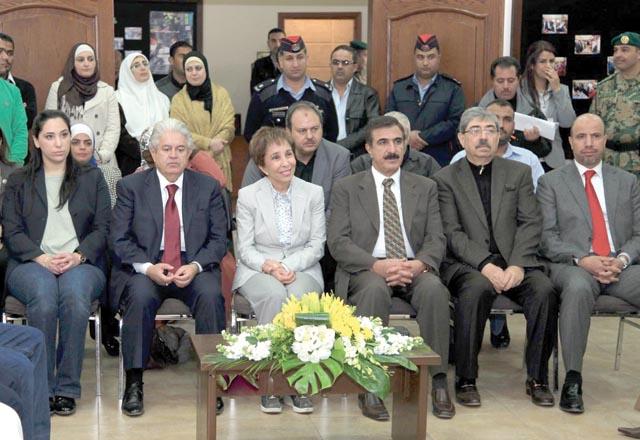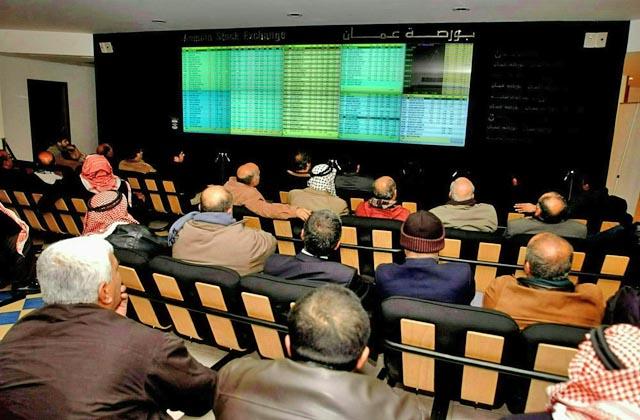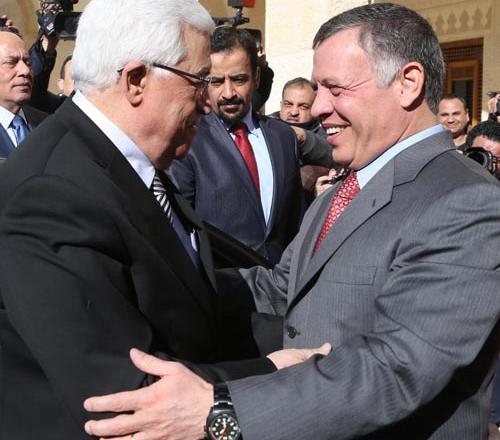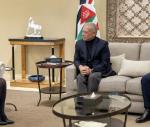AMMAN — A five-year programme launched on Wednesday will give Aqaba residents a greater say in the decisions taken by the authorities in the port city, making them partners in reducing poverty and unemployment.
Under an agreement signed between the Jordanian Hashemite Fund for Human Development (JOHUD) and the Aqaba Special Economic Zone Authority (ASEZA), the five-year programme will go into effect within 14 days with the aim of creating job opportunities in local communities and supporting entrepreneurs with interest-free loans.
HRH Princess Basma, president of the National Goodwill Campaign’s higher committee, attended the signing ceremony in Aqaba, the Jordan News Agency, Petra, reported.
ASEZA will deposit JD50,000 in a fund to revive the Aqaba zone and provide advice to JOHUD in terms of managing and implementing the programme.
Princess Basma underlined the importance of such initiatives in improving the situation of local communities in Aqaba and increasing their role in the development process, noting that the grass roots are more able to identify their development needs and the projects that are most likely to succeed.
Meanwhile, Aqaba residents highlighted their needs, calling for assistance in developing the agriculture sector, establishing permanent markets to promote their produce and training young people to work in tourism.
Also on Wednesday, the princess presented awards to owners of projects and initiatives that won the Khwarizmi Educational Competition to encourage scientific research.
The competition aims to encourage youths to innovate and find solutions for tourism, agriculture and environment problems in the Rum and Diseh villages.
Launched in 1991 by JOHUD, the National Goodwill Campaign has grown over the years to become synonymous with support for the poor and the marginalised.



















